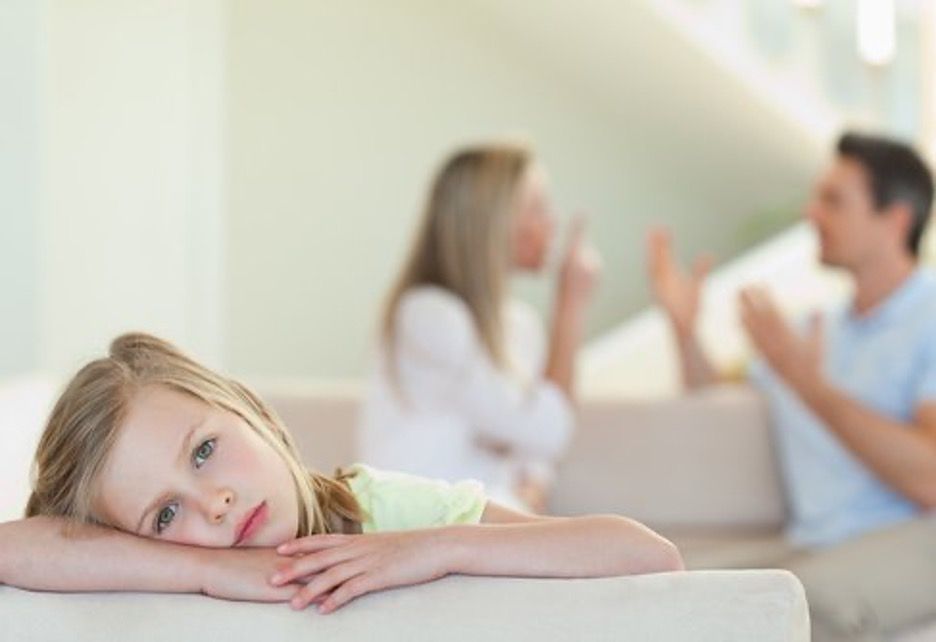
Understanding Anxiety and Depression: Effects and Effective Treatment Approaches
Understanding Anxiety and Depression

Anxiety and depression are two common mental health conditions that affect millions of individuals worldwide. Both of these disorders can have a profound impact on a person's overall well-being and quality of life. Understanding their effects and seeking appropriate treatment is crucial for individuals dealing with these conditions. Below, we will dive into the effects of anxiety and depression, as well explore effective treatment approaches.
Effects of Anxiety:
1. Emotional Impacts: Anxiety often leads to persistent feelings of fear, worry, and unease, making it challenging to relax and enjoy daily activities.
2. Physical Symptoms: People with anxiety may experience physical symptoms such as rapid heart rate, shortness of breath, sweating, trembling, and gastrointestinal issues.
3. Cognitive Effects: Anxiety can impair concentration, decision-making abilities, memory, and problem-solving skills, as well impact academic or professional performance.
4. Interpersonal Challenges: Anxiety may lead to social withdrawal, difficulty forming and maintaining relationships, as well cause increased conflict in personal and professional settings.
Effects of Depression:
1. Persistent Sadness: Depression often presents as a deep and prolonged feeling of sadness, emptiness, or hopelessness, making it difficult to find pleasure in activities once enjoyed.
2. Sleep and Appetite Changes: Individuals with depression may experience disrupted sleep patterns, such as insomnia or excessive sleeping, as well as appetite changes, leading to weight loss or gain.
3. Fatigue and Lack of Energy: Depression can result in a constant feeling of fatigue, lack of motivation, and an inability to concentrate or complete daily tasks.
4. Social Isolation: People with depression may withdraw from social interactions, avoiding friends, family, and social events due to low self-esteem and a sense of disconnection.
Effective Treatment Approaches:
1. Psychotherapy: Cognitive Behavioral Therapy (CBT) and Dialectical Behavioral Therapy (DBT) are commonly used psychotherapy approaches for anxiety and depression. These therapies help individuals identify and modify negative thought patterns and develop healthy coping mechanisms.
2. Medication: Antidepressant and anti-anxiety medications are often prescribed to help manage symptoms. These medications work by restoring chemical imbalances in the brain and can be effective when used in combination with therapy.
3. Lifestyle Changes: Incorporating regular exercise, maintaining a balanced diet, getting adequate sleep, and practicing stress management techniques can significantly improve symptoms.
4. Support Systems: Building a strong support network of friends, family or joining support groups can provide individuals with a more stable environment and support while navigating the healing process.
Supported articles:
https://www.ncbi.nlm.nih.gov/pmc/articles/PMC5573566/

ABOUT PAUL DALTON
Licensed Professional Clinical Counselor.
“We built our practice to help average, everyday people who live and work in Kentucky. I think we do that very well. I hope we can help!"











